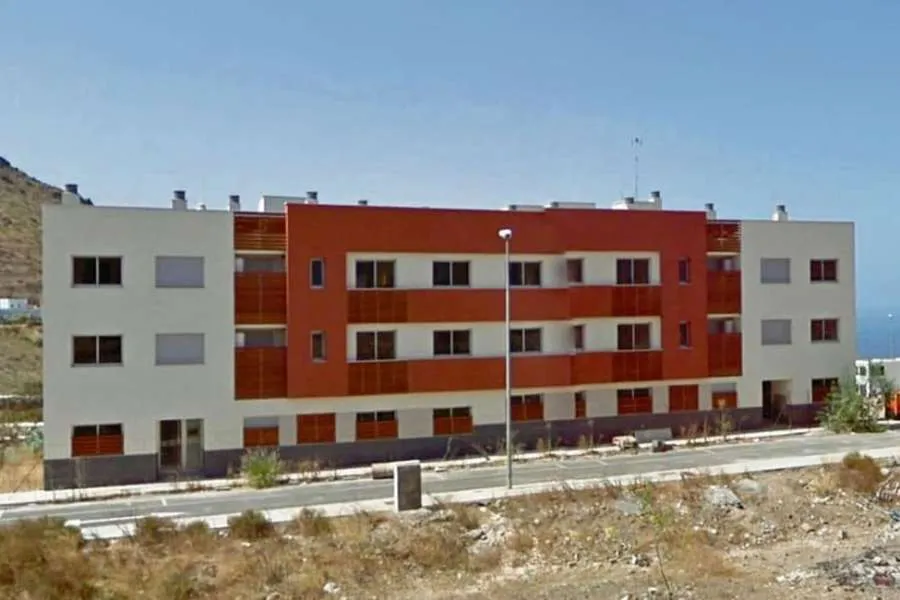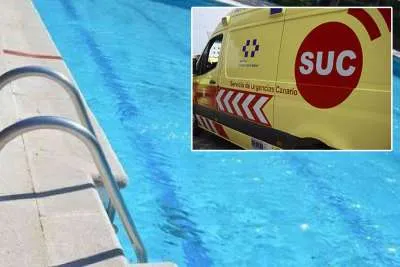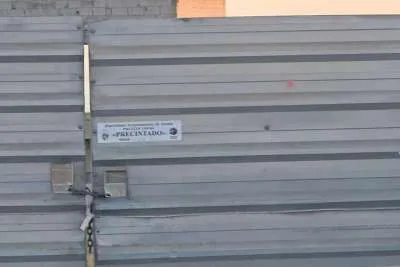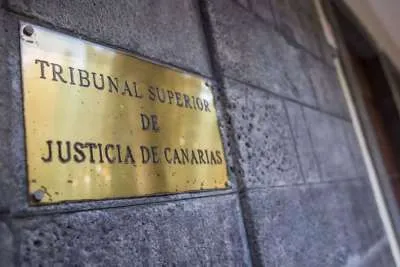35 completed Social Housing Units sit empty in Arona after 14 years of bureaucratic deadlock
- 16-11-2025
- Business
- Canarian Weekly
- Photo Credit: DA
Thirty-five social housing apartments in La Camella, in the south of Tenerife, have remained sealed and unused for fourteen years, despite being fully built and located in one of the municipalities with the highest demand for affordable housing in the Canary Islands.
Urban planning failures, legal disputes, and political mismanagement have kept the building in limbo since its completion in 2011, even as the waiting list for low-income housing continues to grow in, what is, the most populated municipality in southern Tenerife.
“This is yet another example of Arona’s situation — we’re not doing well,” said Javier Baute, Councillor for Urban Planning and Land Management. With major land developments such as El Mojón now unblocked and licences issued for 56 new homes in Cho–Parque La Reina, Baute has pledged to prioritise the long-stalled La Camella file.
He also confirmed that the City Council is spending €6,000 per month on private security to prevent the empty homes from being squatted, which equates to almost €1 million euros since 2011.
How the stalemate began
The roots of the issue stretch back to 2002, when the Arona administration, led by Miguel Delgado, signed a planning agreement with the developer of the La Camella Baja Partial Plan. Under the agreement, the company ceded a 1,039-square-metre plot to the council as part of its obligatory land transfer.
In 2006, while José Alberto González Reverón was mayor, the council reached an agreement with the public housing company Visocan to build 35 social housing units for young people, along with 35 parking spaces. The council committed to ensuring the land was fully developed so that Visocan could deliver the homes.
However, in 2008 the municipal governing board granted a building licence despite warnings from the Urban Planning legal department that the deadline for developing the land had expired earlier that year and no work had been carried out. The construction went ahead regardless.
Court ruling and costly consequences
When the homes were completed in 2011, Visocan requested water and electricity connections, but these could not be authorised, as the urbanisation was never finished. This made it legally impossible to hand over or sell the homes. Visocan took the case to court, and the Arona City Council was ordered to pay almost €2.7 million in compensation.
Today, more than two decades after the original agreement and fourteen years after construction was finalised, the 35 apartments remain closed, deteriorating, and unused, despite the municipality’s urgent need for affordable housing.
Other articles that may interest you...
Trending
Most Read Articles
Featured Videos
TributoFest: Michael Buble promo 14.02.2026
- 30-01-2026
TEAs 2025 Highlights
- 17-11-2025




























































